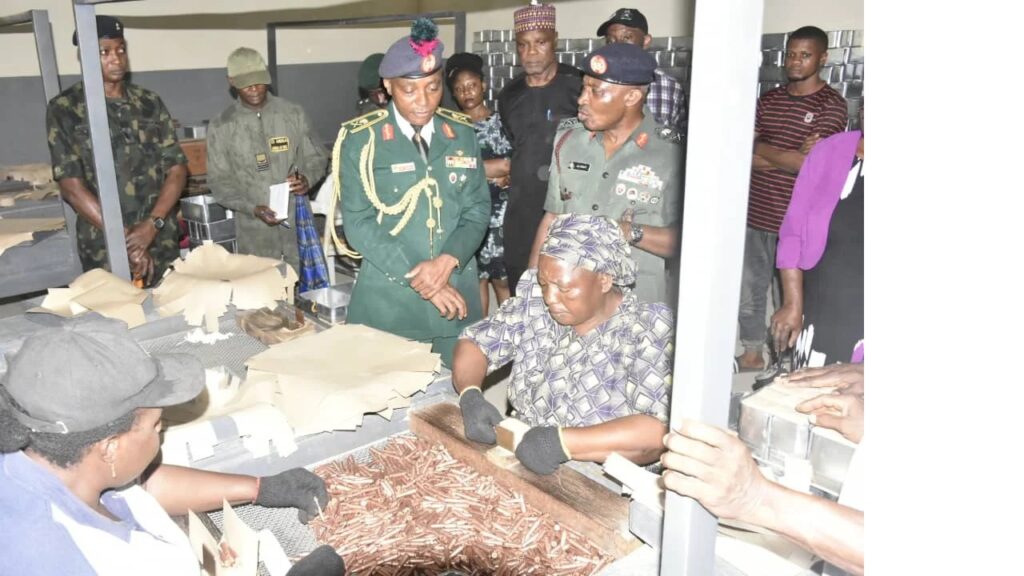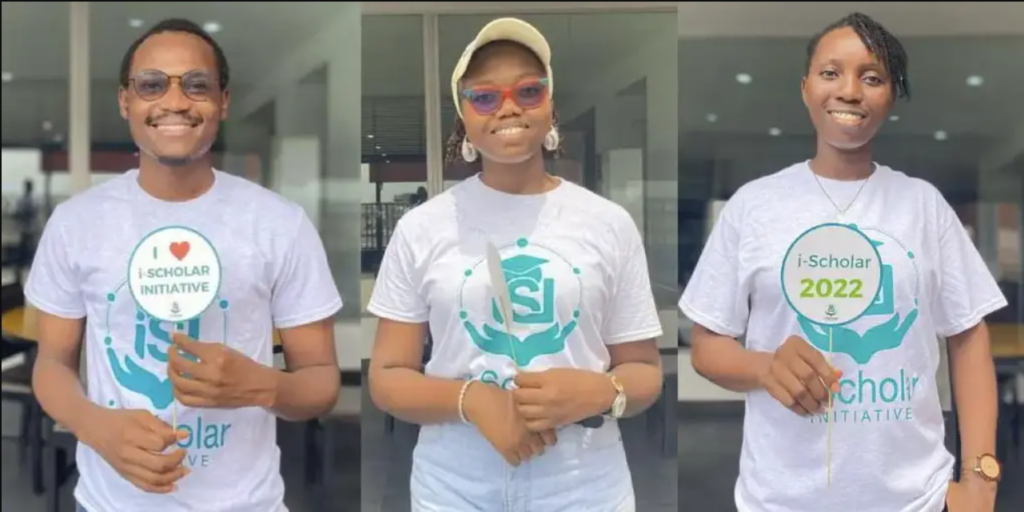
• Spousal battery, abandonment, rape top list of complaints
• Agency secures two life sentences, others
National Agency for the Prohibition of Trafficking of Persons (NAPTIP) has recorded 1,278 cases of Sexual and Gender-Based Violence (SGBV) in the Federal Capital Territory (FCT), with spousal battery being the highest complaint in the last year.
Director-General, NAPTIP, Prof Fatima Waziri-Azi, revealed this at the commencement of Community Advocacy Dialogue on issues of SGBV in the six area councils of FCT, beginning with the Abuja Municipal Area Council (AMAC), yesterday, in Abuja.
The DG said: “In 2023, NAPTIP received 1,278 complaints of SGBV in the FCT, and top of the list was spousal battery. Our data shows that spousal battery is an issue in the FCT and that was the same trend and pattern we saw in 2022.
“We also had complaints bordering on abandonment, where husband, wife or both abandon their children. Also, inflicting physical injury on children and domestic staff has been seen to be on the increase in the FCT.”
According to her, rape is also on the increase; but compared to 2022 when it was the third-highest reported SGBV case, the 2023 statistics show that it is now the fourth most reported case.
On the number of convictions by the agency, she stated: “In 2023, we secured four convictions. We know how hard it is to investigate and prosecute SGBV cases, but these four convictions were very stringent. We have two life imprisonment for the first time, 25 years imprisonment and 21 years imprisonment each without the option of fine.”
Waziri-Azi called for collective action to create a supportive environment where victims feel empowered to report cases of SGBV, which she said lay in the hands of the communities.
She noted that the Violence Against Persons Prohibition Act (VAPPA), which NAPTIP is empowered to implement, in addition to protecting victims of trafficking in persons, not only protects women and children but all persons; hence, the erroneous view in some quarters.
Speaking on SGBV against older persons, the Director General, National Senior Citizens Centre (NSCC), Dr Emem Omokaro, said: “Older persons face a lot of stereotype, prejudice and discrimination because they are old, and that has led to series of violence against them.”
Director, Social Welfare and Gender, FCT Social Secretariat, Aisha Yusufari, said community leaders could settle minor disagreements among couples in the society, but “when it comes to issues of life-threatening violence, rape and incest, perpetrators must be reported to the authorities for necessary actions.”












